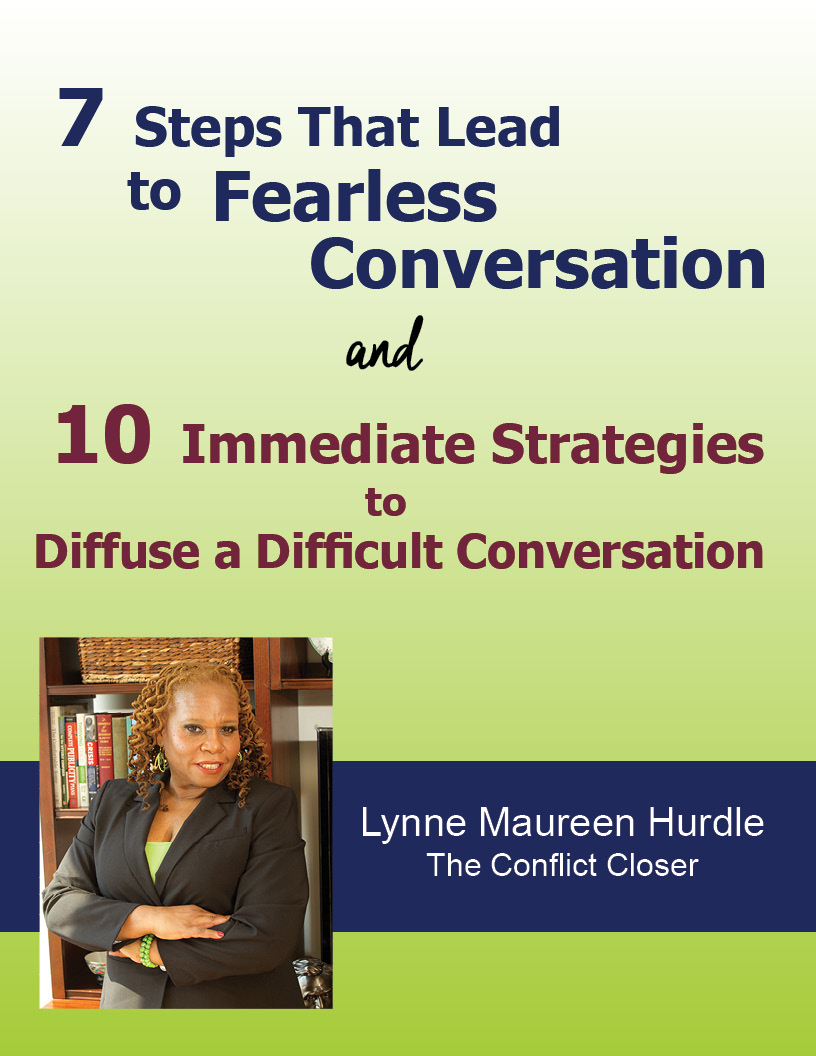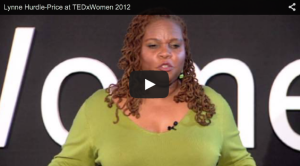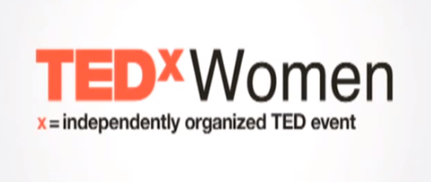“I can have a short fuse at times … I can’t believe I actually went off like that… I might be right about what I felt, but I should have taken a half hour to think about it first.” – Dan Gilbert, Cleveland Cavaliers Owner
I love this story. In an interview with Forbes Magazine last year, Dan Gilbert discussed his conflict with LeBron James. You know, the famous one when LeBron announced in a not so nice way that he was leaving the Cavaliers and going to the Miami Heat. Gilbert admits that he “went off” in a very public manner. He thoughtfully recalls that receiving praise and accolades for his behavior kept him from really evaluating it for quite some time.
However, once he took the time to examine the scenario, he was forced to go within and discover a part of himself that needed some work. He learned some hard but good lessons about his emotional response. Doing the work prepared him to get past that embarrassing moment, reach out to LeBron and work things out. At that in-person meeting, the first words he said were, “We had five good years and one bad night.” Apology accepted.
The Key to Apologies
Apologies are hard work, even for those of us who don’t find it that difficult to apologize. Saying the words is the easier part. The difficulty lies in the work that we need to do in order to get us to the place to even realize that we need to apologize.
The key to apologies is knowing and remembering that in most conflicts, misunderstandings and feelings often set up the need for an apology. Be prepared to examine your own mindset, words, beliefs and actions whenever you are involved in a conflict because the apology may need to come from you.
So in preparation, let me arm you with three important steps.
Take Some Time to Examine
What was said by you and the other person either as a response or an initial statement is worth examining. What were you thinking at the onset and what feelings came up for you during and why? What was your behavior and the feelings driving it? Think about the fact that just because you are hurt doesn’t necessarily mean that you didn’t say or do something wrong.
Try to recapture the moment by yourself and listen for the meaning beneath their words and yours.
Kate O’Neill wrote in The Meaningful Manifesto:
“Meaning is the lens through which we understand our experiences and the link through which we connect with each other.”
Doing the work to understand the meaning of your actions and words allows you to leave room for the possibility that you may not know the true meaning of theirs.
Listen to That Inner Voice
When there is a need to apologize on our part, it often comes disguised as a feeling. People talk of feeling uncomfortable, embarrassed, shameful or guilty. If we listen through the feeling, we can hear that those are conditioned responses that are used to drown out our true selves. Society has taught us that apologies are bad and make us look weak. Buying in to that belief takes us further away from the compassion that lies within.
Being connected to our true selves helps us understand that we all are wrong at many points in our lives and acknowledging it is a necessary part of personal growth.
My friend and colleague, Achim Nowak in his advice to leaders beautifully states,
“Self Awareness is not a luxury item, it is a daily practice. Impactful leaders are mindful and willing to self-correct.”
So are impactful people.
Say What Really Needs to Be Said
If you noticed in the Dan Gilbert story, he didn’t share that he said the actual words “I apologize” or “I’m sorry.” Acknowledging that there was wrong, what went wrong and your desire to correct it and move forward is often enough.
With so much negative stigma attached to saying the words “I’m sorry” and “I apologize,” you may not want or need to lead with that.
People want to know that they have been heard and that you can recognize your wrong from their point of view. Starting there can lower the tension enough to allow you to have meaningful conversation. Saying the words at the end can even be more heartfelt because understanding and forgiveness have been established.
The end result for Dan Gilbert was reported as an extra $100 million for getting LeBron back, but the real benefit was a relationship repaired and personal growth for both.
What will the benefits be for you?
If you want to get better at this and finally do something about resolving the conflicts in your life so that you can have better health, meaningful relationships, a more peaceful home and work environment (which also means more money!!!)…
Then JOIN US in my 6 Month Conflict Coaching Community lynnemaureenhurdle.com/boldstrategies
If you want to learn how to resolve conflicts in the workplace that pertain to the way we view employees with disabilities, then sign up for this important webinar – https://s08.123signup.com/servlet/SignUpMember?PG=1536652182300&P=15366521911429667500&Info
To read more interesting and informative content from Achim Nowak sign up for his weekly Energy Burst at www.influens.com
To read more of Meaningful Manifesto visit www.koinsights.com
Share This with Others!






Hi my name is Sandra and I just wanted to drop you a quick note here instead of calling you. I came to your Deliver a Sincere Apology in 3 Critical Steps – Lynne Hurdle page and noticed you could have a lot more visitors. I have found that the key to running a popular website is making sure the visitors you are getting are interested in your niche. There is a company that you can get targeted visitors from and they let you try the service for free for 7 days. I managed to get over 300 targeted visitors to day to my website. Visit them here: http://www.arvut.org/1/dft
Thank you for this resource Sandra. I hope you sign up for my blog and keep reading.